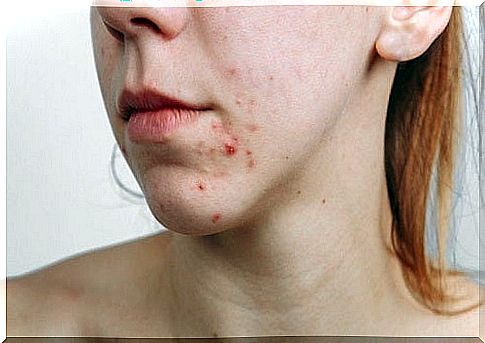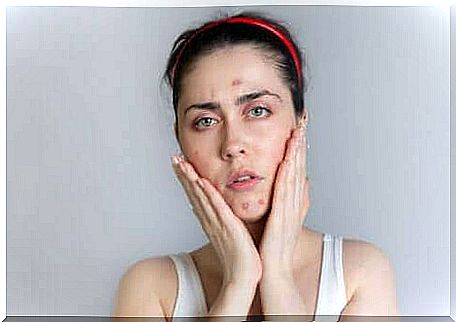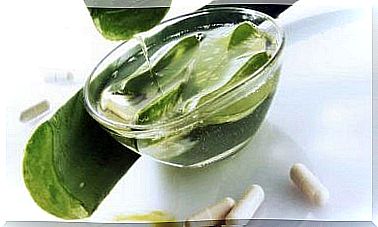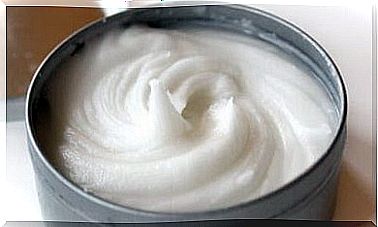Relationship Between Diet And Acne: What Does Science Say?

The probable relationship between diet and acne has been under study for decades. Acne is a disease that affects the pilosebaceous follicles, characterized by the appearance of small pimples or bumps on different parts of the body.
Androgens have a double effect: they stimulate the production of sebum and clog the conduit through which the sebum should be eliminated. This inflames the gland and causes subsequent colonization by bacteria. Acne is a very common dermatological disorder in adolescents (more than 85%). It also affects 54% of women and 40% of men over the age of 25.
Until a few years ago it was recommended not to eat chocolate, nuts, fried or sausages because it was believed to worsen the symptoms of the disease. However, scientific studies do not support the relationship between these foods and acne.
Relationship between diet and acne: the key may be the glycemic index
During the last few years, the influence on acne of the consumption of high glycemic index foods has been studied. The results suggest that the consumption of refined sugars and dairy products may be relevant in the onset of the disease.
These foods promote the secretion of androgens, altering the structure of the sebaceous follicle until it becomes inflamed.

Ketogenic Diet as an Acne Treatment
Some authors propose the ketogenic diet to improve acne. Reduced consumption of carbohydrates and high-glycemic foods could greatly improve acne symptoms and calm inflammation.
There are no randomized controlled trials that link milk consumption with acne or the influence of dietary fat. In light of this, the best preventive method against acne today would be a lower consumption of carbohydrates and processed foods.
Beware of excess protein
Research published in the Journal of the American Academy of Dermatology warns of a possible appearance of acne due to the consumption of protein supplements. The results, however, do not provide sufficient evidence of the relationship between increased protein intake and the onset or worsening of the disease, which is minimal in all studies.
On the one hand, they are always individuals with a high body mass index; on the other hand, some used doping substances that modify the amount of androgens present in the body, which we know to be the basis of the disease.
Genetics plays an important role
Acne is a disease present in 85% of adolescents between the ages of 15 and 24. However, genetic inheritance conditions the appearance of this pathology.
People with dry skin are less likely to develop acne as they contain less sebum in the follicles, therefore less chance of them becoming inflamed by bacterial loads.

Effective treatments
Regardless of the role that the diet can play in preventing or reducing the signs of acne, the most effective treatments are pharmacological.
The bacteria that cause these inflammations are sensitive to many drugs such as benzoyl peroxide or clindamycin. These treatments are generally available in the form of topical cream, although in severe cases, an oral treatment is opted for.
Diet could be an inflection point in acne treatment
Acne is a very common pathology in adolescents. Hormonal changes and androgen load represent the main risk factor. Diet, however, can affect the severity of the disease.
The relationship between diet and acne has been questioned for years, most often with false myths. Currently, it is suspected that the only possible relationship is that with foods rich in simple sugars that stimulate insulin production.
In any case, it is advisable to consult a dermatologist at the first appearance of symptoms to evaluate if necessary to resort to medications in order to avoid worse lesions.









